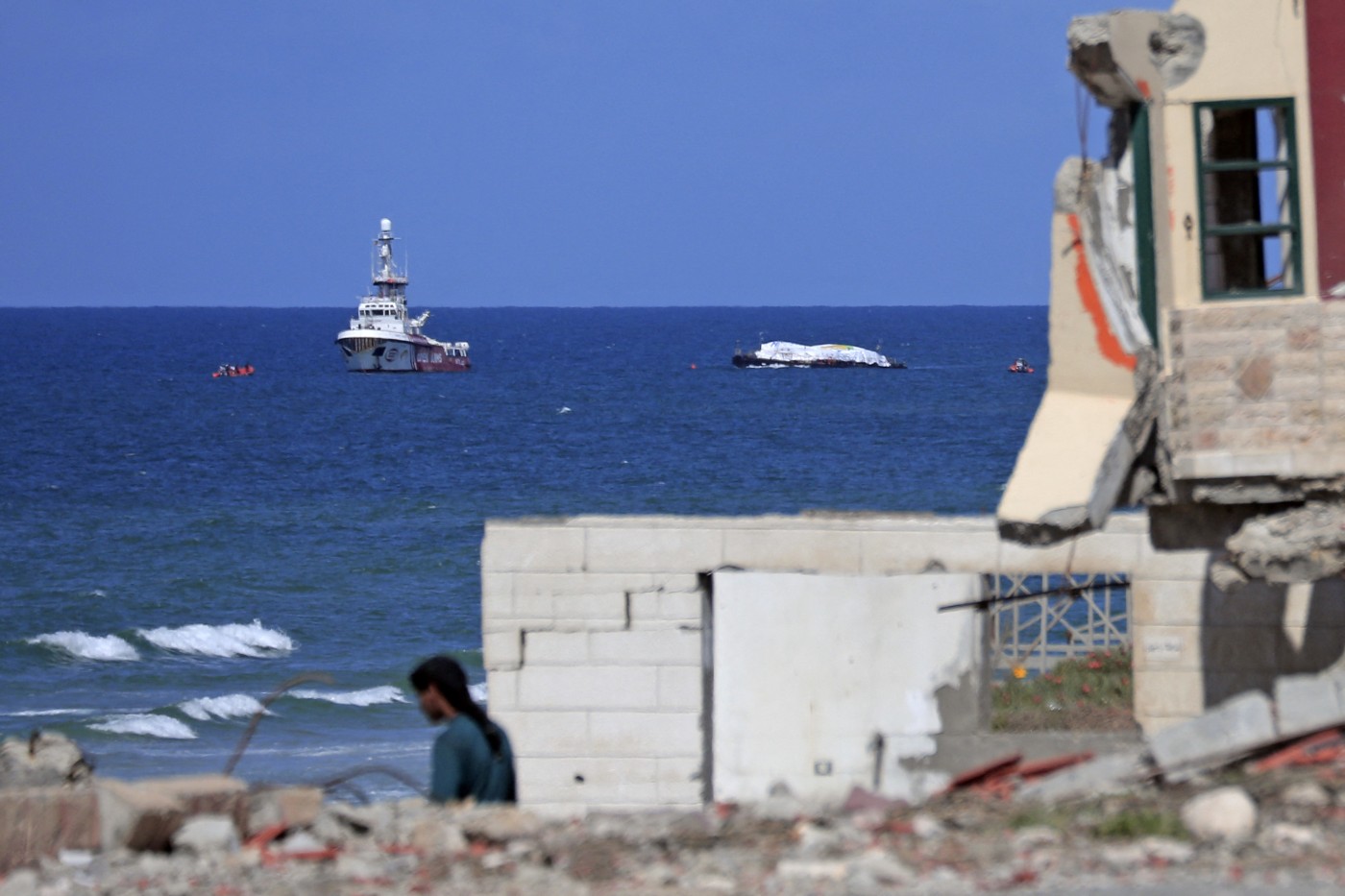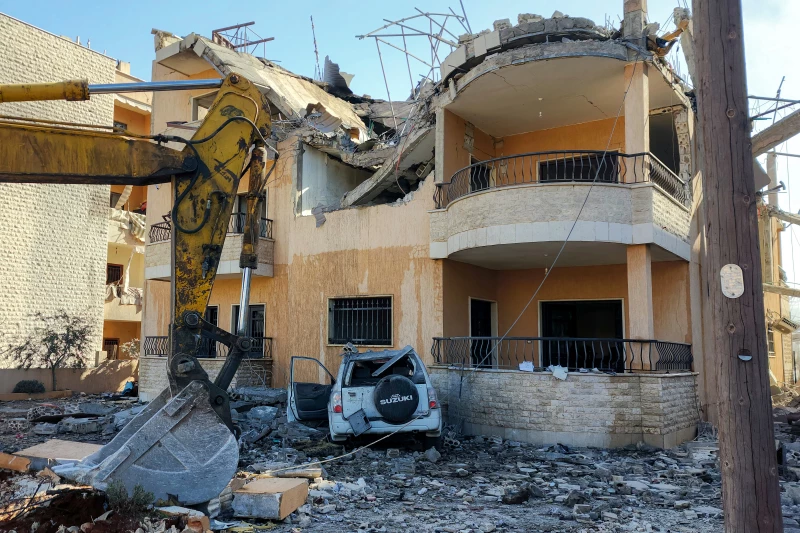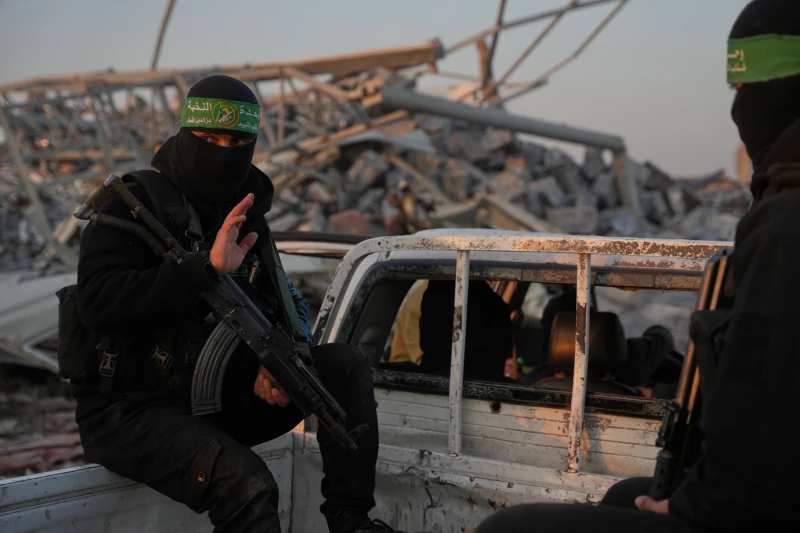"All cargo was offloaded and is being readied for distribution in Gaza," World Central Kitchen said in a statement, noting that the aid was "almost 200 tonnes of food".
The group is preparing a second boat of 240 tonnes of food to set sail from Cyprus, the starting point of a new maritime aid route across the eastern Mediterranean.
The humanitarian effort is intended to mitigate food shortages that have prompted UN famine warnings in Gaza from the United Nations and aid workers.
"That shipment includes pallets of canned goods and bulk product including beans, carrots, canned tuna, chickpeas, canned corn, parboiled rice, flour, oil and salt," World Central Kitchen said.
The second shipment would also include a forklift and a crane to assist with deliveries, it added.
The humanitarian group said it had "no information to release on when our second boat and the crew ship will be able to embark."
The Israeli military on Friday confirmed the first vessel, operated by the Spanish charity Open Arms, had arrived and said soldiers had been deployed to secure the area and conduct a security inspection.
The military also said the delivery of humanitarian aid by sea did not constitute a breach of its years-long maritime blockade of Gaza, which has been ruled since 2007 by Hamas.
World Central Kitchen had to build a jetty southwest of Gaza City to deliver the aid.
The war in Gaza was triggered by Hamas's unprecedented October 7 attack on southern Israel that resulted in the deaths of about 1,160 people, mostly civilians, according to an AFP tally of official Israeli figures.
Israel's retaliatory military campaign to destroy Hamas has killed at least 31,490 people in Gaza, mostly women and children, according to the health ministry in the Hamas-run territory.
As cumbersome Israeli security checks and logistical hurdles slow overland aid delivery to Gaza, countries have pursued alternatives including airdrops and the new maritime corridor.
Jose Andres, founder of World Central Kitchen, said on social media platform X on Friday that the first shipment was "a test" and that "we could bring thousands of tonnes each week."



 Facebook
Facebook
 LinkedIn
LinkedIn
 Telegram
Telegram
 X
X


